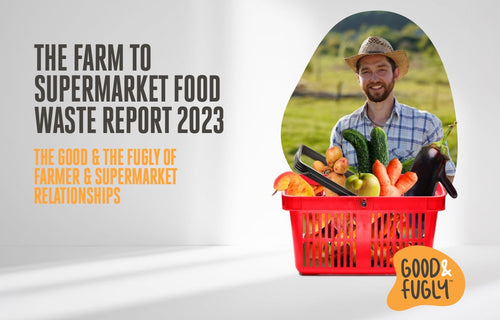
Why This Research
For several years farmers have told us their stories about the how’s and why’s of wasted produce. From supermarket buyers rejecting deliveries because they didn’t meet exacting beauty or size standards, to buyers demanding they be given "imperfects" for free. We heard so many stories like this, we decided to undertake formal research to learn as much as possible about the state of the relationship between our farmers and our supermarkets. The results are captured in what is the inaugural annual report on this key part of our food system: The Farm To Supermarket Food Waste Report 2023.
Focus
While there are many participants in our food system this report explores the relationship between two key players - farmers and major supermarket chains, and specifically what impact that relationship has on food waste.
The findings of the report – which surveyed both large farmers ($500k+) and smaller farmers (<$500k) – highlight the pressures faced by Australian farmers and the outdated nature of the supermarkets' screening systems for fruits and vegetables. It also uncovered some insights into farmer profits and wider industry concerns.
”A billion tonnes of food is wasted globally each year producing 8% of greenhouse gas emissions. This report unpacks the waste between "farm to supermarket". We hope to see these numbers improve as attitudes towards the aesthetics of fruit and veggies change. But for now, we’ve still got a long way to go,” Richard Tourino, Good & Fugly.
Key Findings
- The appearance of fruits and vegetables is overwhelmingly (68%) the reason supermarkets reject produce.
- 51% of farmers screen out good produce (“self reject”) because they don’t think it will be accepted by commercial buyers.
- 23% of farmers reported that supermarkers expect them to hand over imperfect produce for free.
